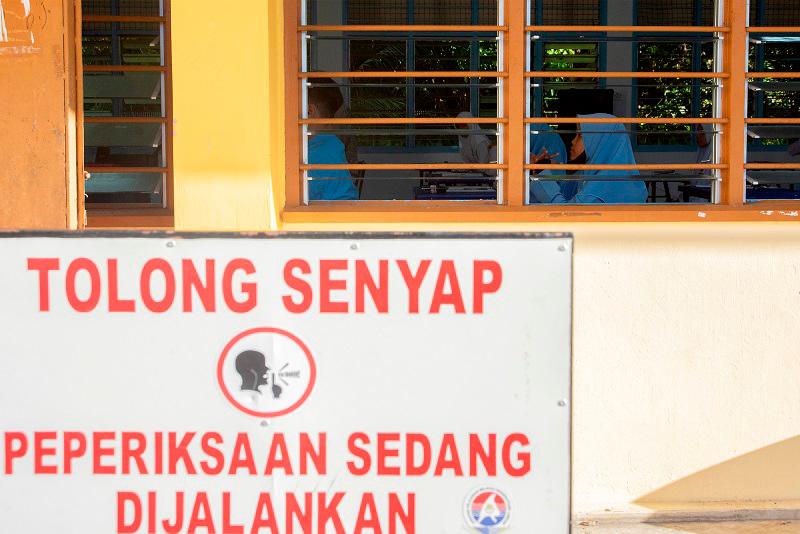IT has been reported that 10,160 out of 383,685 candidates absented from the SPM exam in 2023. Though it represents a mere 2.85%, it is still concerning.
Nevertheless, this is not a new phenomenon. Why do candidates play truant on the most important exam in their lives?
Here are my observations and understanding as a former teacher and school administrator.
There are students who struggle to keep up with daily class lessons. They attend physically but find it challenging to grasp the teachings, leaving them feeling restless.
In class, teachers often tolerate these students as long as they remain quiet and do not disrupt the teaching.
If they choose to “nap off” quietly, it is even better. However, once they leave the classroom, they often gather with peers from other classes and feel emboldened to engage in mischief, such as vandalism within the school compound, much to the dismay of discipline masters.
What do these students do when it’s time for school exams? Typically, school exams are conducted in the respective classes, with each non-objective exam paper for secondary school lasting between one to one and a half hours. Students attend the exams out of fear that consistent absences may lead to expulsion from school, but these times are often torturous for them.
Most of the time, they cannot understand the questions, let alone provide answers. They sit there, unsure of what to do for those long hours. Some doze off, while others pass the time by gazing aimlessly.
Some resort to copying the entire question paper into their answer script, deceiving themselves into feeling engaged and achieving a false sense of accomplishment.
It is embarrassing, but it all unfolds within the confines of their classrooms. This is the plight of our unfortunate students during school exams.
Public exams such as SPM have a different setting. In most schools, students are grouped in the school hall or classrooms with partition walls open. This is to accommodate all candidates in one area, easing invigilation, typically conducted by teachers from other schools.
This presents a new challenge for truant students. They are now within view of the entire cohort of Form Five students, not just their familiar classmates.
Additionally, there are “foreign” teachers present, whom they fear may not tolerate their misbehavior like their own class teachers.
They dread the embarrassment of being caught sleeping or sitting idly. Enduring the entire duration of any paper can be excruciating for them. The only escape they see is to absent themselves from the exam altogether.
The root cause of absenteeism is that the students concerned have not learned anything. We need to address the learning deficit of these students.
Schools often have special programmes to improve their students’ scores in the SPM exam. These programmes are usually for the better-performing classes. It is time for schools to also focus on the other end of the scoring spectrum.
There needs to be sincere and well-managed remedial classes for students who have fallen behind by the time they reach Form Five.
Remedial classes need to start as early as Form One and continue for each student until they demonstrate sufficient competence to return to regular classes.
When students feel confident in their ability to answer questions, they are less likely to avoid public exams.
Remedial classes tend to drain school resources and are often conducted casually. This attitude has to change if we want to seriously curtail absenteeism in the SPM exam.









